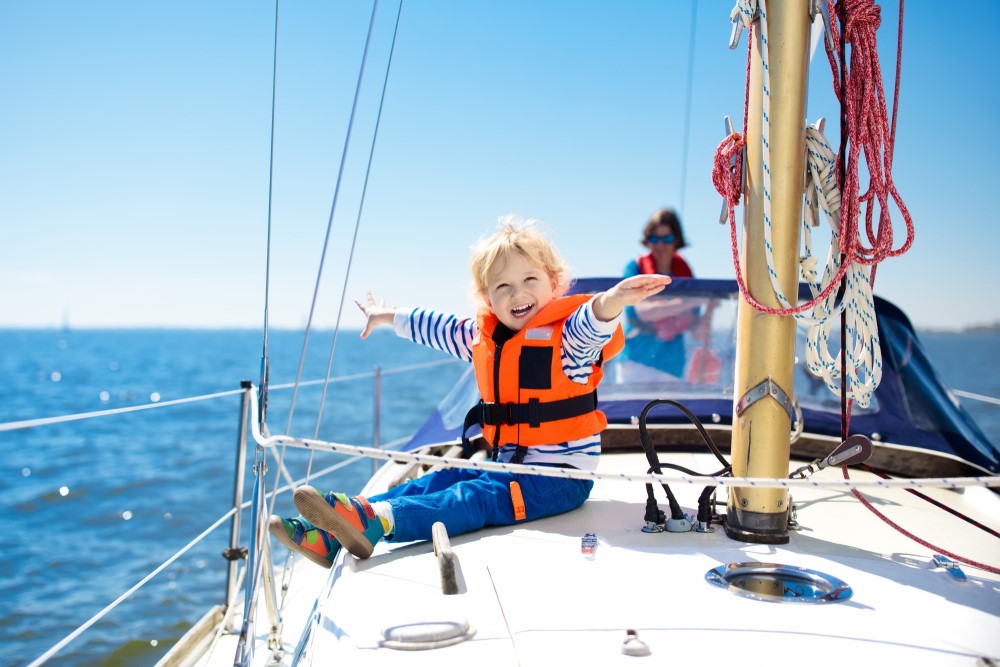Do I Have to Wear a Lifejacket on My Boat?

As a boat owner, do you need to bother with lifejackets? Are you legally required to wear them?
You may believe you don’t need lifejackets on your boat because you’re a responsible boat owner. It’s possible that you don’t think that personal flotation devices (PFDs) are necessary because you, your family, and friends all know how to swim.
Accidents can happen, and a life vest can save your life even if you know how to swim.
Western Financial Group, a 100% Canadian company, can help you navigate your boat, car, home, and business insurance during this period of economic uncertainty.
Am I required to have lifejackets on my boat?
One of the highest, if not the highest, fatal risks while boating is drowning.
Transport Canada says you are required by law to have a lifejacket or PFD (personal flotation device) on board for each person on a watercraft.
Do I have to wear a lifejacket on my boat?
While you must have PFDs available on your boat, Canadian law currently does not mandate that people wear the lifejackets while boating.
For safety, you should wear a lifejacket. It’s a good idea to have brightly colored lifejackets for better visibility, especially in smaller, open boats.
How do I choose a lifejacket?
Look for a lifejacket or PFD with a label that says it has been approved by:
- Transport Canada
- Canadian Coast Guard
- Fisheries and Oceans Canada
Look for these safety features:
- Snug but comfortable
- Large enough collar to support your head
- Crotch strap: If the lifejacket has a crotch strap, ensure it's properly secured.
Your chest size: For adults, chest size is the primary factor to determine the correct size, not your weight. Remember to measure your chest.
Remember that marine insurance is an investment to protect you, your passengers, and your boat.
How do I choose a lifejacket for a child?
A lifejacket for your child should fit snugly and not ride up over their chin or ears. There should be less than 7.6 cm (3 inches) between your child’s shoulders and the lifejacket.
Your child’s lifejacket should have a safety strap that goes between the legs to prevent it from slipping over your child's head.
If your child’s life jacket is too big, it can fail to properly support their head and neck and it can slip up or ride up, interfering with their ability to breathe and to float.
Can a lifejacket help you in cold water?
In cold water, a life jacket helps keep you buoyant and provides some thermal protection, which can help prevent hypothermia.
If you suddenly fall into cold water, it’s a shock to your system and can affect breathing, nerves, and muscle strength. A lifejacket gives you some thermal protection and keeps you floating.
Are there lifejackets for pets?
What about my pet? How do I prevent my dog from drowning?
Just like humans, your pet should wear a life jacket for safety when out boating with you. Even if your dog is a good swimmer, they can get tired and need help getting back on board.
Make sure to get a lifejacket that is designed for your pet species and fits them properly.
Final thoughts
Lifejackets (PFDs) can save lives. They can prevent drowning and keep you afloat if you get tired and are waiting to be rescued. A lifejacket can increase your chances of survival, especially in cold water where hypothermia can set in quickly.
Why Western?
Quick, expert insurance advice
We shop for insurance quotes, you save
100% Canadian
Serving our communities since 1905



